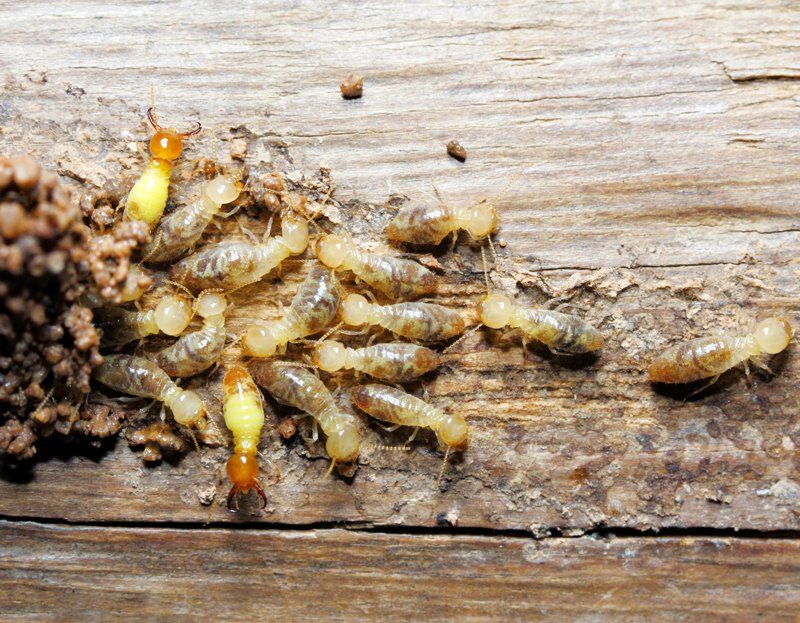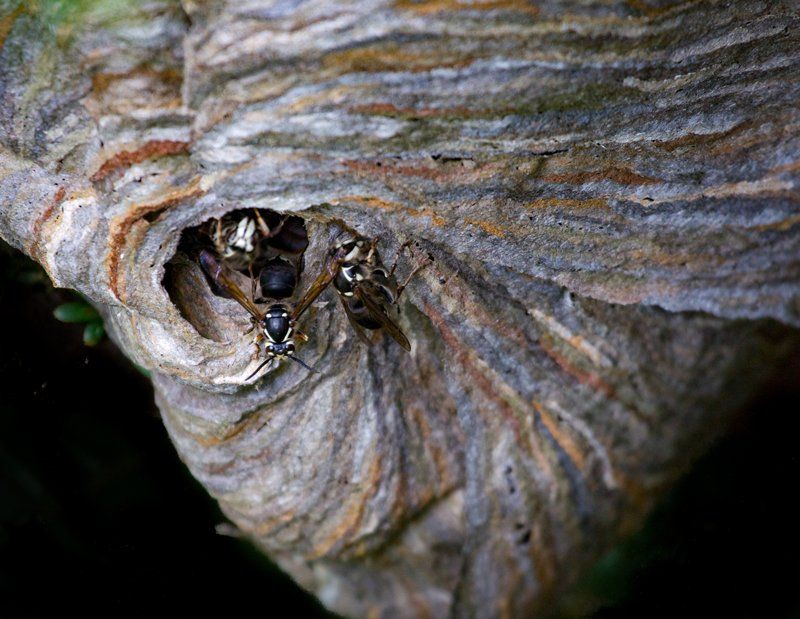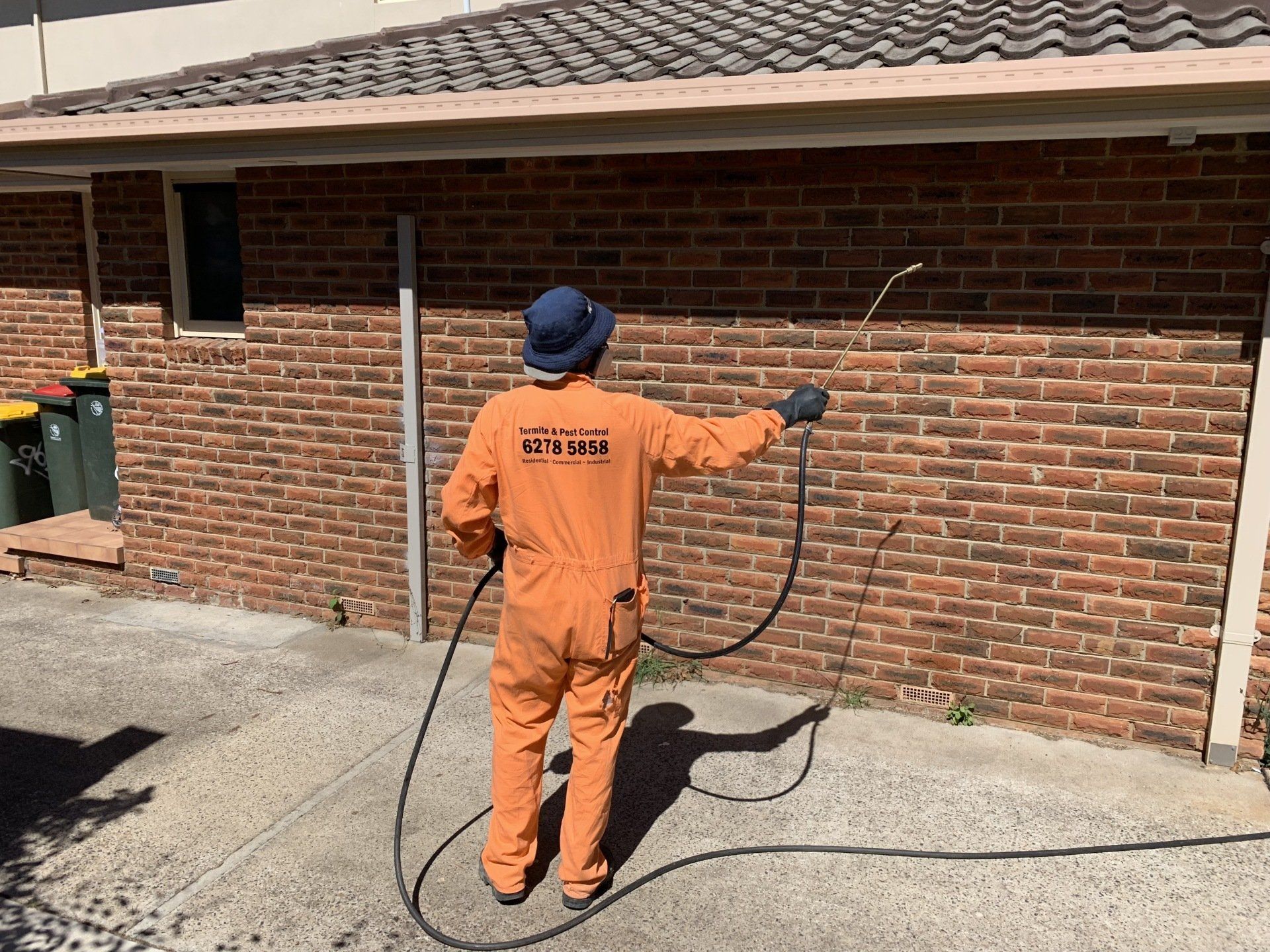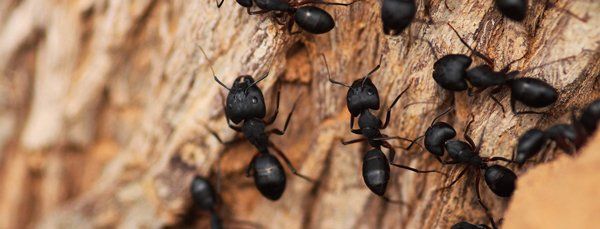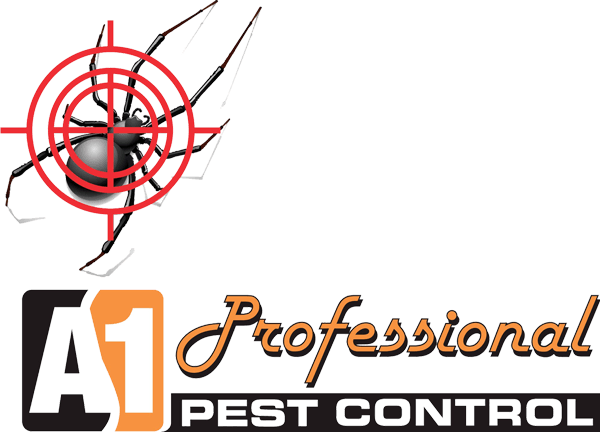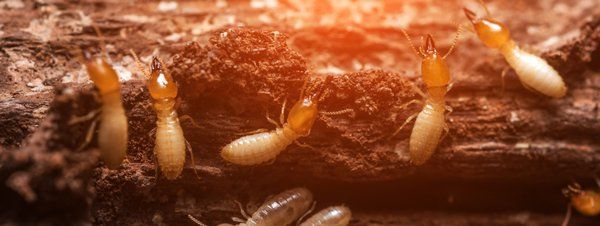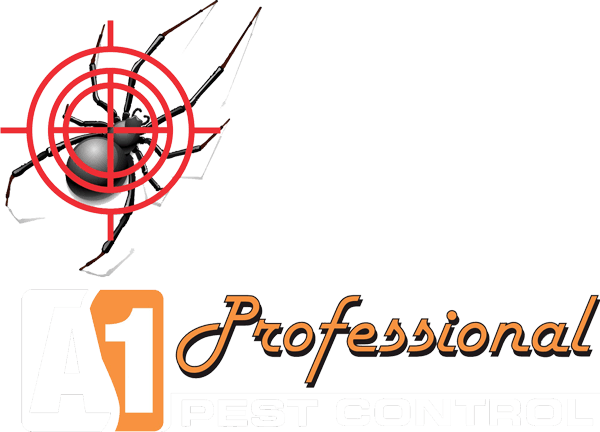Watch out for European wasps this summer!
As the weather warms up and you head outside, keep an eye out for European wasp nests. While these insects will generally not sting unless they are disturbed, there is no limit to the number of times they will sting, and their stings can lead to an allergic reaction. The summer of 2017/18 saw an increased number of European wasp nest reports in the Canberra region. After another dry winter, with a dry, warm spring predicted locals should be on the lookout for increased European wasp activity.
What does a nest look like?
European wasp nests are formed from saliva and wood pulp, resulting in a paper-like appearance. If the nest is made from mud, it is not a European wasp nest.
Where will I find a nest?
You should inspect your home and front and back yards, as European Wasps like to nest in concealed spaces. They nest in wall cavities and roof spaces. They gain access through small gaps in window surrounds and around doors, so fill in or cover any small entry spaces. Outside of homes, the most likely places include conifer trees, retaining walls, piles of rubbish and holes in the ground. Add rubbish removal to your list of spring-cleaning jobs, and, where possible, fill in any holes in the ground.
Look out for any European wasps entering or leaving your property. Pay careful attention to the places they return to, as this is likely where the nest is located. As the nest size increases, you may hear a buzzing sound.
What should I do if I find a nest?
The first and most important step when you find a nest is to leave it alone. European wasps are particularly aggressive wasps when disturbed; their stings are very painful and are known to cause allergic reactions.
Immediately contact A1 Professional Pest Control [https://www.a1professionalpestcontrol.com.au/contact-us/] to arrange for safe removal of the nest.
Educate your children to avoid the area in which the nest is located until it can safely be removed by our team. Pets may also experience an allergic reaction to stings, so keep them away from the nest, and, where possible, secure pet food and water in a place where the wasps cannot access it.

